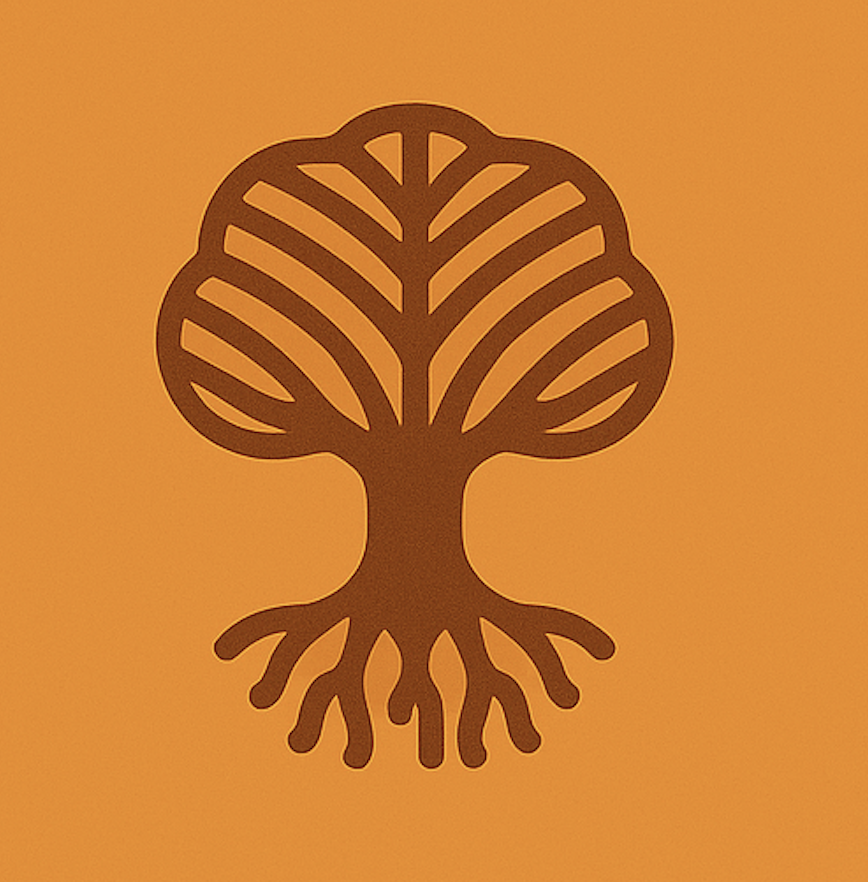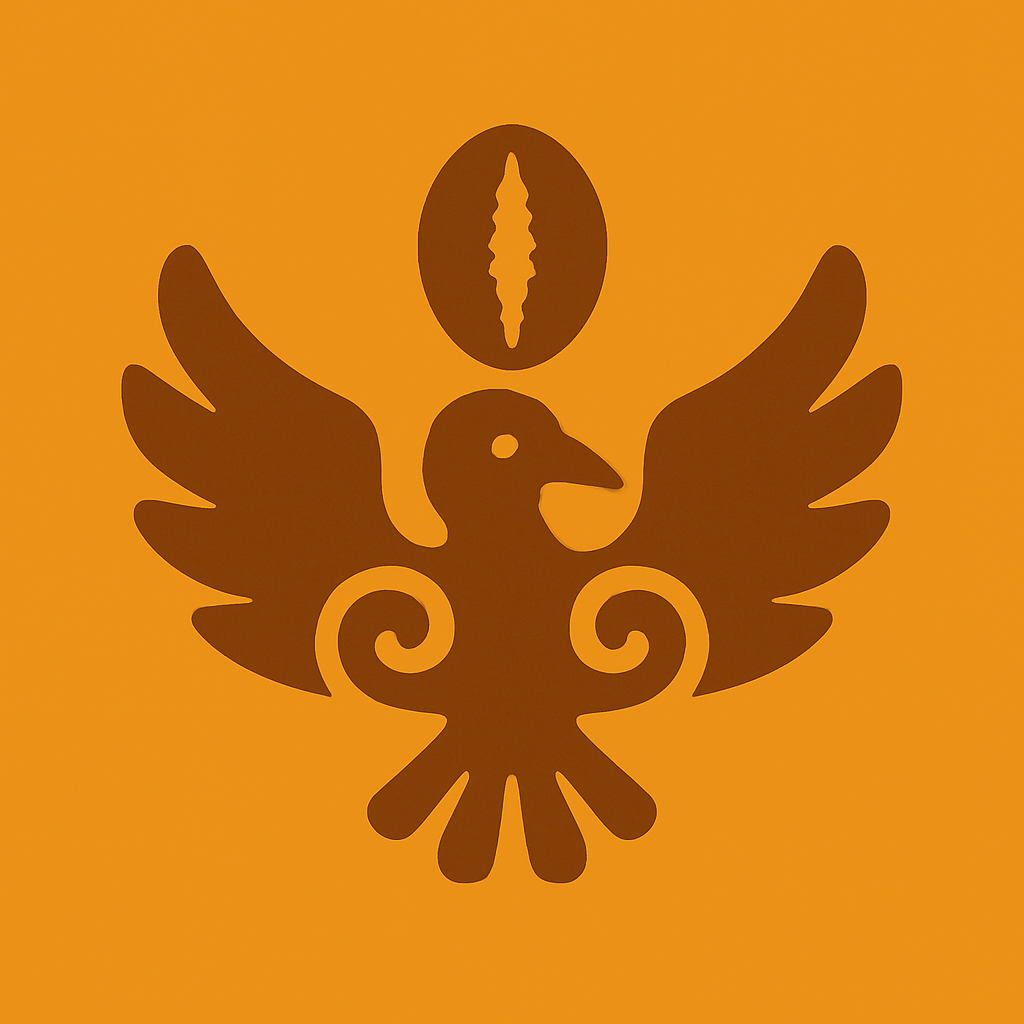
Research that Heals, Not Harms™
Traditional research and evaluation have too often extracted from communities, treating people as data points rather than knowledge holders. We believe research should be a practice of accompaniment—journeying alongside organizations and communities to transform understanding, strengthen practice, and create pathways for liberation.
Our Practice
The Griot Framework™
At Akullu, both the researcher and the community are griots — keepers of stories, holders of memory, and bridges between worlds. The Griot Framework™ is grounded in the belief that research is sacred work: not just collecting data, but protecting, honoring, and transforming knowledge in ways that heal rather than harm. It calls us to listen deeply, respect boundaries, and approach knowledge creation as ceremony — with care, humility, and accountability.
We practice:
Deep Listening — Listening beyond data points to the emotion, rhythm, and truth within people's stories. We honor what communities share in their own time, language, and way of being.
Relational Accountability — Honoring the boundaries communities set, recognizing that what is withheld is as powerful as what is shared. Silence, refusal, and limits are acts of agency and care — reminders that stories belong first to the people who hold them.
Honoring Celebration & Grief — Holding space for both joy and sorrow as integral to knowledge work. We celebrate progress, breakthroughs, and collective achievements as evidence of life and resilience. We honor grief in difficult seasons — not as failure, but as a teacher. Both are data. Both deserve to be witnessed. We don't just study stories; we are transformed by them.
Ceremonial Practice — Approaching research as an intentional act of connection and reflection. We create spaces where communities and researchers can engage with honesty, safety, and respect — transforming information into collective understanding, healing, and growth.
How We Practice Research That Heals
Healing-Centered Practice — We recognize that evaluation can feel invasive, requiring trust, vulnerability, and courage from everyone involved. That's why we approach research as a reflective and restorative practice — one that honors the vulnerability required for genuine learning and transformation.
Data Justice Framework™ — We ground our work in data justice principles that:
Acknowledge historical harms research has caused to marginalized communities
Center community voices in designing, implementing, and interpreting evaluations
Affirm communities' fundamental right to access and control information that impacts their lives
Transform data into tools for advocacy, empowerment, and systemic change
Ensure transparency and accountability throughout every stage of research
Community-Engaged Partnership — Rather than studying communities, we journey with them. Our participatory methodologies ensure that those most impacted by systemic inequities are co-researchers, not subjects, in the knowledge creation process.
Liberatory Implementation Science — We hold system change, healing, and sustainability as core goals. Using mixed-methods and multisensory tools, we surface layered truths that honor both analytical rigor and community wisdom.
Dreaming as Method — Centering imagination and possibility as essential to transformation. We create space for envisioning futures beyond what currently exists, honoring dreams as both data and direction. Research becomes a practice of not only understanding what is, but nurturing and building what could be.
The Journey of Transformation
Evaluation requires bravery, from organizations willing to examine their impact honestly, from communities trusting researchers with their stories, and from funders committed to supporting authentic learning over performance metrics. We don't just measure what happened; we create conditions for organizations to evolve, deepen their work, and strengthen their commitment to the communities they serve.
Every evaluation becomes a transformative journey where participants emerge with greater clarity about their purpose, enhanced tools for their work, and deeper connections to the communities they accompany.



